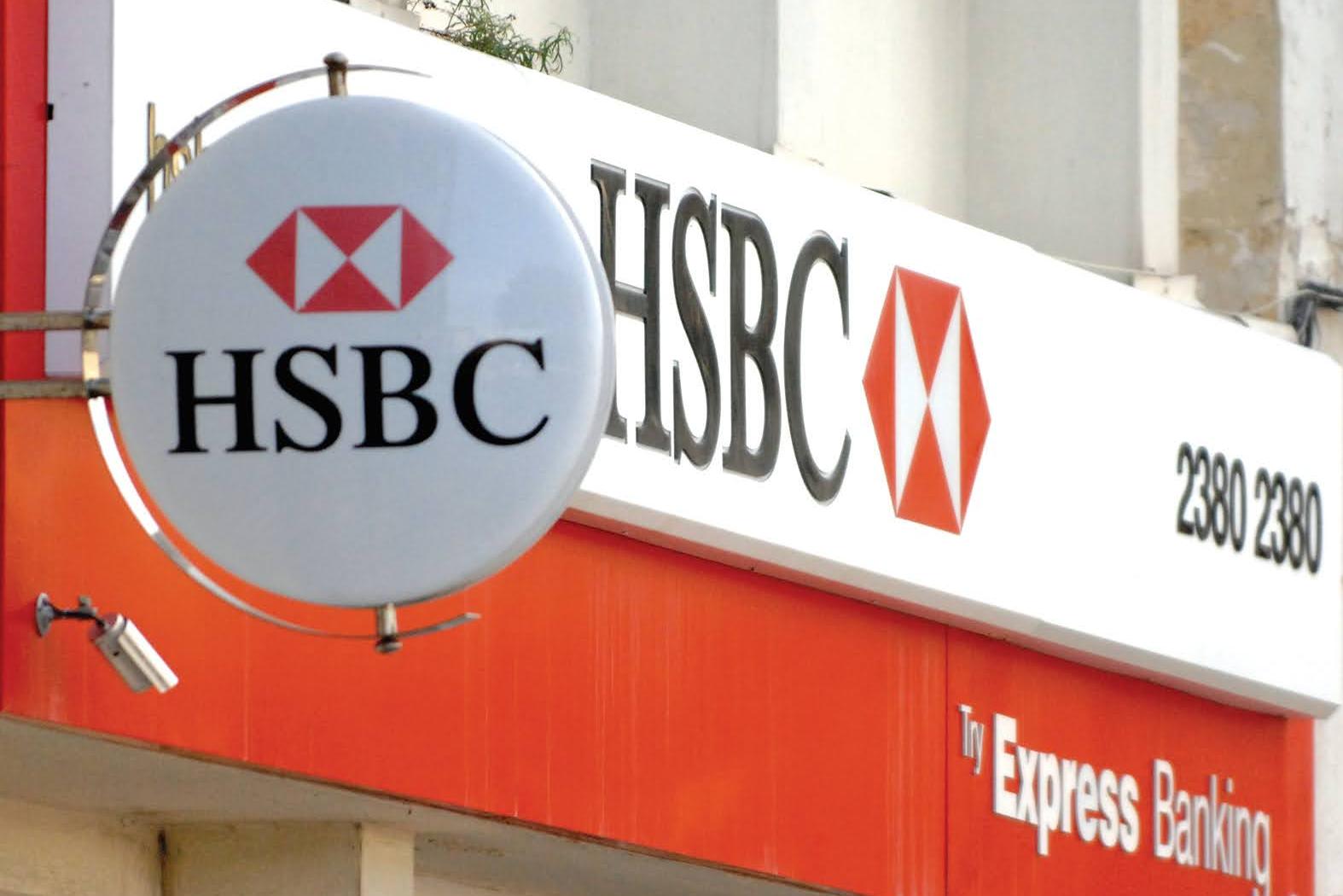Greece’s Crediabank has been named the preferred bidder for HSBC Malta and granted a period of exclusive negotiations to work toward completing the acquisition. If finalised, the acquisition would represent another instance of cross-border consolidation within the European Union’s banking sector.
Cross-border consolidation in Europe remains limited, as most banks continue to operate within national boundaries. A Greek institution entering the Maltese market is therefore notable. It follows other recent transactions such as France’s BPCE acquiring Portugal’s Novo Banco earlier this year, and Italy’s UniCredit gaining regulatory approval to expand its stake in Germany’s Commerzbank. Together, these moves suggest gradual change in a sector where integration has historically been slow.
HSBC Malta has long been one of the country’s key international banks. Its exit raised questions about Malta’s connection to global finance, and Crediabank’s entry is expected to ensure continuity. The transaction will also be a test of supervisory coordination, with approvals required from the European Central Bank, the Malta Financial Services Authority, and the Bank of Greece. Regulators will be assessing how a mid-sized, fast-growing European bank manages the takeover of a subsidiary formerly owned by a global group.
Crediabank itself has undergone a rapid transformation. Formerly Attica Bank, it merged with Pancreta Bank in 2023–24, carried out a €735 million recapitalisation, and rebranded to mark its new strategy. Today it is the fifth-largest bank in Greece, backed by the state through a 36% stake and majority-owned by Thrivest Holding Ltd. It is listed on the Athens stock exchange and has already integrated HSBC’s Greek operations.
The turnaround has been marked by improved financial results. Deposits grew to €6.1 billion in 2024, operating income almost doubled to €142.3 million, and pre-provision profits reached €43.8 million. Non-performing exposures fell to 2.9% from more than 65% two years earlier. Moody’s recently raised the bank’s baseline credit assessment to B1, citing asset quality and capital structure improvements.
Chief Executive Eleni Vrettou, one of the few women leading a European bank, has played a central role in this recovery. Under her leadership, Crediabank has adopted what it calls a “human-centred” model, focusing on governance, digitalisation, and strengthening customer relationships. The bank has also invested in employee development and appointed senior figures such as Konstantinos Herodotou, the former governor of the Central Bank of Cyprus, as chairman.
The acquisition is also indicative of the broader recovery of the Greek banking sector since the financial crisis. Greek banks have returned to profitability and resumed dividend payments for the first time in over a decade, supported by improved asset quality and reduced state involvement. The country’s debt burden has decreased by over 40 percentage points since 2020, reaching approximately 154% of GDP in 2024, while a budget primary surplus of 2.4% of GDP is expected this year—factors that contributed to Moody’s upgrading Greece’s sovereign rating to Baa3. Meanwhile, the economy continues to grow at 2.3% in 2025, outpacing the eurozone average.
Both governments have welcomed the deal. The Greek Finance Minister, Kyriakos Pierrakakis, described it as “a milestone for Greece’s banking sector,” adding that it showed “the strength, resilience and outward vision of our financial system.” He also called it “a tangible example of the opportunities created by the European Banking Union.” Malta’s Finance Minister, Clyde Caruana, said the agreement would “bolster competition in Malta’s banking sector and reinforce its integration within the European market,” while stressing the importance of regulatory oversight to “safeguard stability, strengthen investor confidence, and secure long-term economic benefits.”
For Malta, should the acquisition proceed, it will provide reassurance that international banking capacity will remain after HSBC’s exit. For Greece, it highlights the progress of a bank that has restored its financial position. And for the EU, it adds another example of how the Banking Union framework is beginning to facilitate cross-border integration.




















